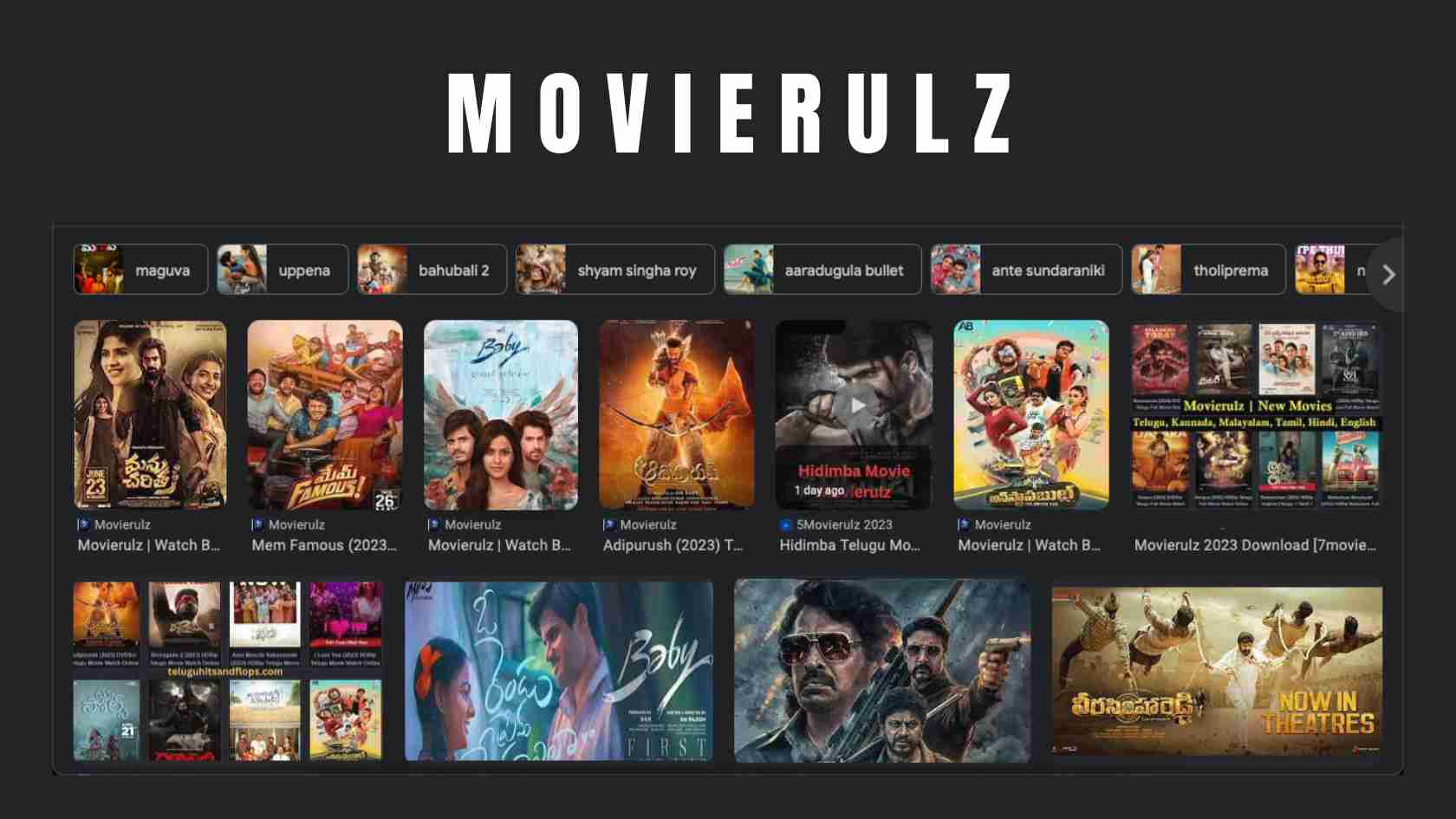Is the pursuit of knowledge, a constant quest for understanding, destined to be perpetually thwarted by the limitations of our search engines? The recurrent message, "We did not find results for: Check spelling or type a new query," echoes a stark reality: our digital gateways to information, despite their sophistication, are imperfect. They are, at times, frustratingly inadequate in satisfying the curiosity they are designed to serve.
The digital age has promised unprecedented access to information. Yet, the frustrating phrase, a digital mantra of inadequacy, "We did not find results for: Check spelling or type a new query," serves as a persistent reminder of the chasm between aspiration and reality. We are told to rephrase, to refine, to reconsider our queries, but often the desired outcome remains elusive, leaving us adrift in a sea of unfulfilled searches.
This digital frustration manifests as a recurring theme, regardless of the user, or the question, the system fails.
- Movierulz What You Need To Know Legal Alternatives
- Kannada Movies 2024 2025 Whats Trending Where To Watch
This recurring pattern raises questions about the efficacy of our search tools. Are the algorithms themselves flawed, failing to interpret the nuance of human inquiry? Or are the vast databases they comb, despite their size, simply incomplete, unable to encompass the full spectrum of human knowledge? The message itself, "We did not find results," is not merely a statement of fact, but a reflection of the limitations of the systems that have become so central to our lives.
The repeated lack of results, further emphasizes the need for both improvements in search technology and a critical approach to the information that we do find. The challenge remains, how do we ensure that our pursuit of knowledge is not continually met with a digital dead end?
| Information | Details |
|---|---|
| The core problem of the article | The consistent failure of search engines to provide relevant results, as evidenced by the repeated message, "We did not find results for: Check spelling or type a new query." |
| Manifestation of the problem | This issue manifests as a persistent experience for users. |
| Implications | Questioning the efficiency of search algorithms, database completeness, and the impact on the acquisition of knowledge. |
| Recurring phrase | "We did not find results for: Check spelling or type a new query." |
| User experience | Users may face frustration, which influences their approach to information gathering. |
| Call to action | Need for technological improvements, and a critical approach to the information that we do find. |
| Keywords | Search failure, search engines, algorithms, information retrieval, digital frustration. |
The phrase, "We did not find results for: Check spelling or type a new query," is much more than a technical glitch; it is a symptom of a fundamental problem in how we approach information. It is easy to imagine the frustration of someone trying to learn about a complex scientific concept, or to research an important historical event, and instead encountering this phrase repeatedly.
The modern worlds dependence on search engines means that these failures have significant implications. They can affect how people learn, make decisions, and even shape their understanding of the world. This is a reminder that the tools we use to access knowledge are not infallible. This can lead to the propagation of misinformation, and that there needs to be a critical assessment of the information that is obtained.
Consider the implications for academic research. A scholar might be attempting to trace the evolution of an idea, to analyze obscure data. The repeated appearance of the phrase, "We did not find results for: Check spelling or type a new query," can have an impact on the quality of a scholar's work. This can affect the scope of their research. This ultimately can lead to skewed results. It also raises concerns about the accessibility of information for all people. The digital divide, for example, is worsened by the limited usability of search engines, as the failure to provide relevant information can impede efforts to obtain education, employment, and social justice.
The consistent failure of search engines does not merely hinder access to information, it underscores the fragility of our knowledge systems. The repeated error message forces us to reconsider how we engage with information, the need for multiple search queries. We must also improve our ability to assess the validity of the information that we obtain.
The failure rate of search engines indicates that the issue is not necessarily in the data themselves, it is the methodology we use to get information. While the search engines do evolve, and become more sophisticated, the problem of an incomplete or inaccessible digital record cannot be ignored. These failures must be addressed to ensure the pursuit of knowledge continues.
The challenge that now confronts us lies in the development of more reliable, accessible, and equitable search technologies. Search engines are an area that need rapid development. The search engines, and the databases that they consult, need to be more complete. The algorithms themselves must be improved to understand the nuances of language and intent. The design of user interfaces need to be improved, which can lead to a more intuitive search experience. It is only through such comprehensive efforts that we can hope to make the promise of the digital age a reality. The alternative will be to continually encounter the frustrating phrase, "We did not find results for: Check spelling or type a new query," as a permanent impediment to the quest for knowledge.
This situation is not just a technological challenge; it is a philosophical one. It forces us to consider the very nature of knowledge. How do we know what we know? How do we evaluate the information that is available to us? The recurring frustration of a failed search prompts us to question the sources of information, whether they are credible or not. In a world of constant information, where there is disinformation, the importance of reliable information sources becomes even more critical.
This recurring problem has a significant impact on individual users, and on society. The repeated failure of search engines reinforces the idea that our digital tools are not perfect. The quest for knowledge is a human endeavor. In the face of these digital setbacks, it is important to remember that information itself is subject to human biases.
The constant reminder, "We did not find results for: Check spelling or type a new query," highlights the necessity of using multiple sources, of cross-referencing information, and cultivating a skeptical eye. It calls upon us to be critical consumers of the digital world, not passive recipients of what algorithms determine is correct.
In the end, the persistent failure of search engines is an opportunity. Its an opportunity to revisit the way we search, the information that we seek. This is an opening for innovation, in improving digital tools and in creating a more informed, and also skeptical, populace.
| Problem | Description | Impact | Solutions |
|---|---|---|---|
| Search Engine Failure | Repeated inability of search engines to provide relevant search results; specifically, the message, "We did not find results for: Check spelling or type a new query." |
|
|
| Information Access & Knowledge | Incomplete, inaccessible, or unreliable information resources. |
|
|
| Digital Disparities | Unequal access to information and digital resources. |
|
|
The experience of receiving this message "We did not find results for: Check spelling or type a new query" is a consistent reminder of the inherent imperfections of the digital world. The consistent lack of results is the catalyst for significant questions about our dependence on such systems.
The digital age has provided unprecedented access to knowledge and information. However, the phrase, a symbol of digital insufficiency, is a persistent reminder of the chasm between hope and reality. We are asked to rephrase, to refine, to revise queries, but frequently, the desired outcome remains elusive.
This is not merely a technical issue; it's a philosophical one. This demands a re-evaluation of how we perceive the acquisition of knowledge, the way we evaluate the information that is presented to us. In a landscape of rapid digital innovation, it becomes important to examine our relationship with the information we seek, and the tools we use. In the quest for knowledge, we must learn to adapt. The best way to navigate this reality, and to find truth, is to remain adaptable.
- Unveiling One Piece Kpkuang Origins Significance Impact Anime Manga
- Unveiling Aagmal Art Origins The Digital World


